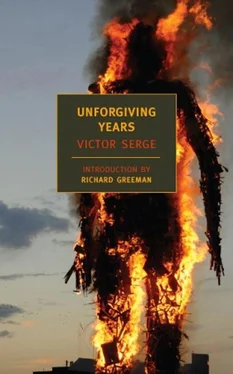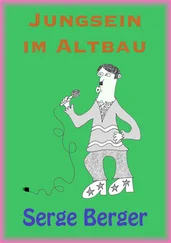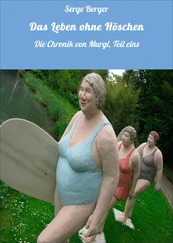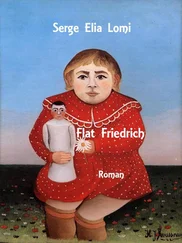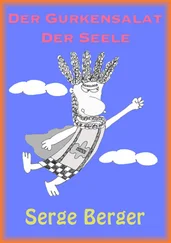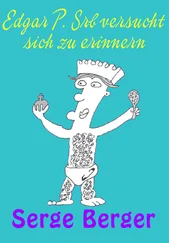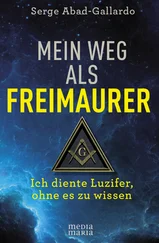I must have slept a long time, and did not wake once. In sleep I slid into fever, into visions, into the other delirious reality that had been lying in wait for me. It was magnificent. Heat weighed upon the ancient bricks and insinuated itself into the white room; together sun, desert, and sickness consumed me upon a calm white bonfire; and I felt, at times, bathed in freshness, pure joy, friendship, unselfish love — all the things I had never really known. If I passed my memories in review, scant happiness was there, no serenity, much harshness, steely exaltation, labor, hunger, filth, danger, and moments torn as if slashed by knives; a host of cherished dead whose faces memory averts (because they were often worth more than I was), the women of a night or of a season, the one I thought I loved who betrayed me while I was in prison, and the one who was faithful but died of typhus during a winter of famine, and I arrived too late to see her again, having crossed three hundred miles of snow; there was nothing left for me to keep of her, the neighbors had filched the sheets from the deathbed, the bed boards, the four books we owned, the toothbrush. I called together the taciturn bearded men, the women whose faces were stiff with guilt, the nail-biting children. “Citizens!” I said. “You have stolen nothing from us. You have taken what is yours. The belongings of the dead are for the living, and for the poorest first. And we are scarcely the living! We live for the men of the future…” I was a bad speaker in those days. Some of them came up and shook my hand, saying, “Thanks, Citizen, for your kind words, your human words. What do you want us to give back?” I cried: “NOTHING!” It was then that I understood the grandeur of the word nothing. All words are human, I reflected, even the ugliest of them, and nothing is left. I flew into a hopeless rage against inhuman death. “A biological fact!” I kept telling myself. “Valentine, where are you?” I yearned for church singing, the biology of the void! I was raving. I opened heavy dictionaries at the entry for Death. The Encyclopedia said: “Cessation of the functions of life, disintegration of the organism…” The printed paragraphs were dead themselves. Materialist that I am, I leafed forward, full of guilt, to look up Eternity. A definition as lifeless as the other… This was what I was carrying inside of me, in the neurological crannies where memories endure. And yet the days of fever had a prodigious clarity filled, thanks to a past free of death, with natural resurrection, with clarity, true thoughts, clear streams, comforting shade — all in disorder. Valentine was present whenever I wished for her, we were fused impossibly into a single joyous vibration that was calm, calm! The delirium soothed me for having lived. I don’t know how long it lasted; I existed beyond time. There were moments when I recognized the reality around me, but it was suspect, fragile, I felt for the case of secret documents under my pillow, I asked if the water was pure, and listening to the reply — “the wise man, the rose, the beloved” — I realized with no dismay that I was dying. I questioned N’ga: “Have the planes passed over yet?” “Seven,” signed his white fingers. Seven were sufficient for the operation under way. N’ga held a mirror over me and I saw, from my detachment, the chest wound that had blown huge and crimson, like a rose, a beloved, a wise man — a suppurating flower of hideously decomposed flesh, eating into me… No, eating into someone else, the rose, the beloved, death, biology, eternity, the encyclopedia! “What mysterious bliss,” I thought, and by simply closing my eyes I could summon up the delirium.
I opened my eyes. Or perhaps they were already open, and I merely forced myself to return to the other reality, now ending its useless existence, finite, pointless reality. The low ceiling, veined with green streaks… A basin full of bandages. A gangly spider on the wall… A stocky serving woman entered, braids coiled over her ears, silver hoops knocking against her cheeks. She moved about the room, I could perceive the attention in her gaze, focused on what? The spider watched her. I wanted to call N’ga, but I could not move or speak. Why was I fretting, about what, since I had nothing more to fear or to desire? The servant was nudging my suitcase, softly, softly toward the door, the suitcase that contained my most precious things, tea, sugar, matches, cigarettes, soap, a scholarly edition of the Manifesto… “Thief! Thief! Bitch!” I screamed and the stocky woman heard nothing, I knew that my brain alone was screaming and that its scream was nothing. So then, thought and will were participants in nothingness? The revolver under the pillow — my brain was seizing it, but a brain without hands is nothing, I was a part of nothing . Before pushing the suitcase through the doorway, the servant looked shrewdly straight at me. Her little eyes were as sharp and alert as a foraging rodent’s. My anger subsided. Take the suitcase, sneaky creature, weasel woman, if you want it to winter more snugly in your den, the spider won’t tell. I turned away, toward the places of my childhood: the tall reeds where my father hid his dinghy to wait for wild duck.
Anton emerged from the ruins, clad in gold-embroidered white silk, like a Persian prince in an illuminated manuscript. His horse’s hooves gamboled so lightly over the dead city, wasn’t it a wingèd charger? Anton on a wingèd charger! I laughed. Ha, you didn’t think it was possible? Neither did I, Anton. Then I saw him differently, with his flat face, funny diamond-shaped spectacles, hospital coat, and a syringe between his fingers. N’ga was holding a flaming-red object with both hands, a captive bird — hallo, they’ve dug my heart from my chest! No, it was a flask. Anton said, “Saved in the nick of time. You’ve really put me through it, you louse. Bloody hell! Time you came around. The melodrama’s over, or d’you want my fist in your face?”
“I don’t have a face… What’s the matter? Where did you come from?”
“You’re the one coming back from a long way off, brother. I got off a plane four days ago. Have some of this iced coffee. I bring you messages from on high. You’ve got a medal, you skunk.”
“I don’t care.”
“Yes, you do. You’re behind with your work.”
I was still suspended between two realities. “Behind with my work” brought me to earth with a bump. Clever, Anton. “Tell me about Mania,” I said feebly.
“Mania has remarried for the third time since she left you. Getting uglier by the minute. A veritable camel, my brother. More coffee?”
At university, I had adored Anton. We never stopped bickering. He was inventing biological Marxism or Marxist biology or was it dialectical biology… He had no time for old-world romantics who believe in love. “The couple,” he would say, in the insufferable tone he adopted to emit verdicts beyond appeal, “is necessarily nothing but a two-bit drama determined by physio-psychological, not to say social, misunderstandings… Most women are garrulous vaginas with the brains of a sparrow… The outcome of a hundred thousand years of domestic exploitation.” A textbook case of the believer with a cynical veneer. I wonder what happened to him? Back then he was a favorite of men in high places; he must have followed them to the grave, as he foresaw. “We have built” — it was one of his sarcastic sayings — “a colossal infernal machine of stupendous perfection, and we’ve settled down for a nice snooze on top of it, wearing shiny red-paper laurel crowns on our heads. There!” Nothing left of him but this memory of mine… (There’ll be time to spare for sorting out memories. Anton lecturing about how we should only preserve useful ones: “To forge a living memory, in the service of an active present…” What use is your memory now, dear Anton?)
Читать дальше
